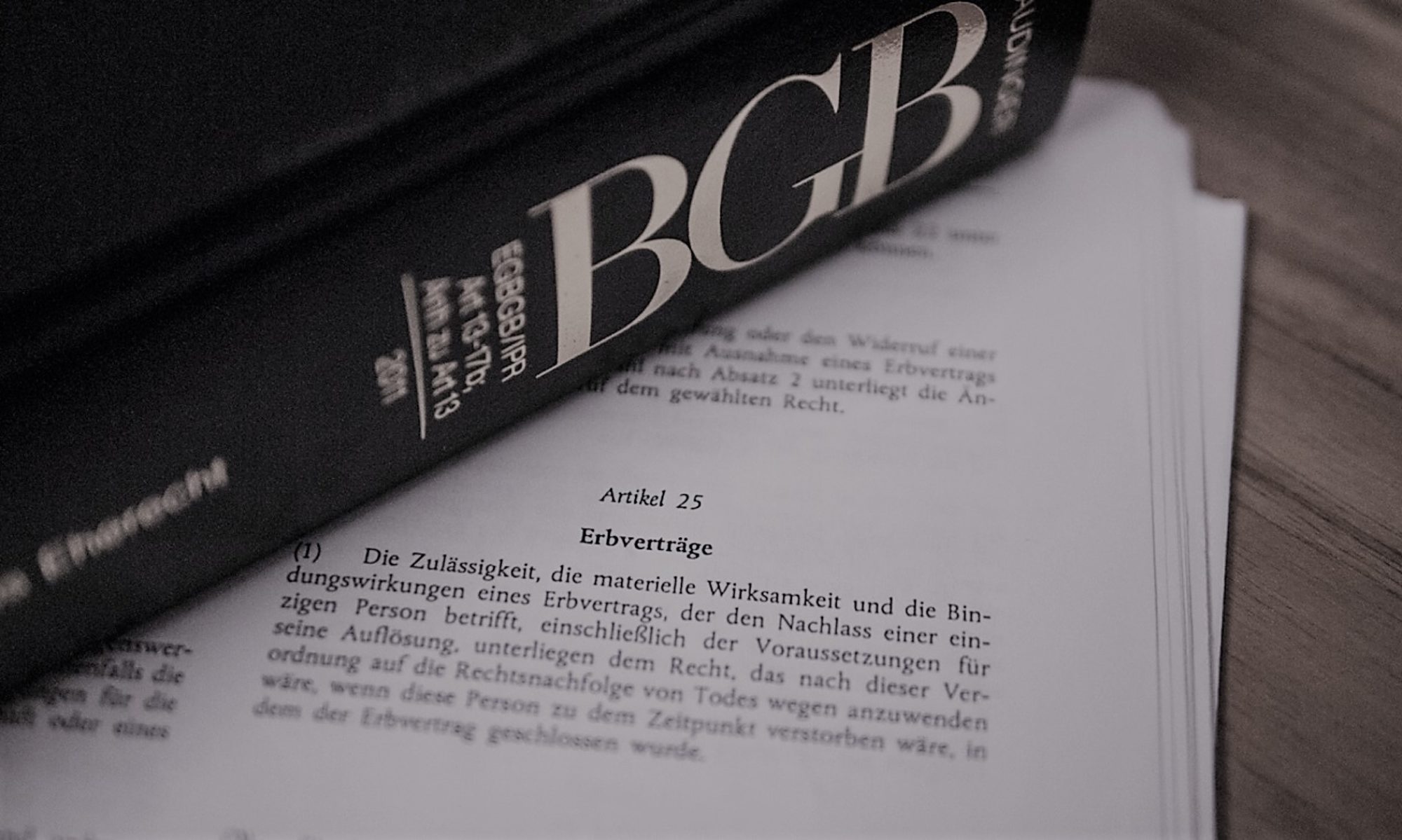Recently, it has become increasingly clear that everyone should also take precautions with regard to a digital estate. The Federal Court of Justice has ruled that the heirs of a Facebook user also have access to their user account and data.
The digital estate includes contractual relationships with providers of (virtual) accounts, for example for online banking, the digitized administration of citizens' offices or simple contractual relationships with email service providers, social media services and networks as well as online subscriptions to newspapers. This also includes copyrights and rights to stored images and videos.
In particular, the following design considerations arise in relation to the digital estate:
- It should be made sufficiently clear in a power of attorney that the authorized representative also has access to all data / digital content stored online. Facebook, for example, requires such a power of attorney.
- The authorized representative should also be given the passwords to user accounts (in a secure and confidential form), provided they have the necessary trust. This is because even if the authorized representative has a power of attorney, it is much easier for them to gain access to the user accounts and data with the passwords.
- Furthermore, the authorized representative should be entered as the “estate contact” on Facebook. The testator should proceed accordingly with other online services and social networks that allow such information.
- The authorized representative should be given the passwords to user accounts, provided they have the appropriate level of trust. This is because even if the authorized representative has a power of attorney, the passwords make it much easier for them to gain access to the user accounts and data.
- In principle, every co-heir has access to data stored online, in particular messages, photos and videos. If a testator wishes to prevent individuals from gaining this access, they should make provisions for this. For example, they can only appoint trusted persons as heirs (and only provide other persons with a legacy) or appoint an executor to handle the digital estate. An authorized representative can also take on these tasks.
- When using online services and existing accounts, a conscientious testator can also check what specifications the provider makes regarding the handling of the digital estate, in particular what proof they may require from heirs, relatives or authorized representatives. In the case of providers based in Germany, it will generally be easier to invoke the case law of the Federal Court of Justice and enforce access to data.

